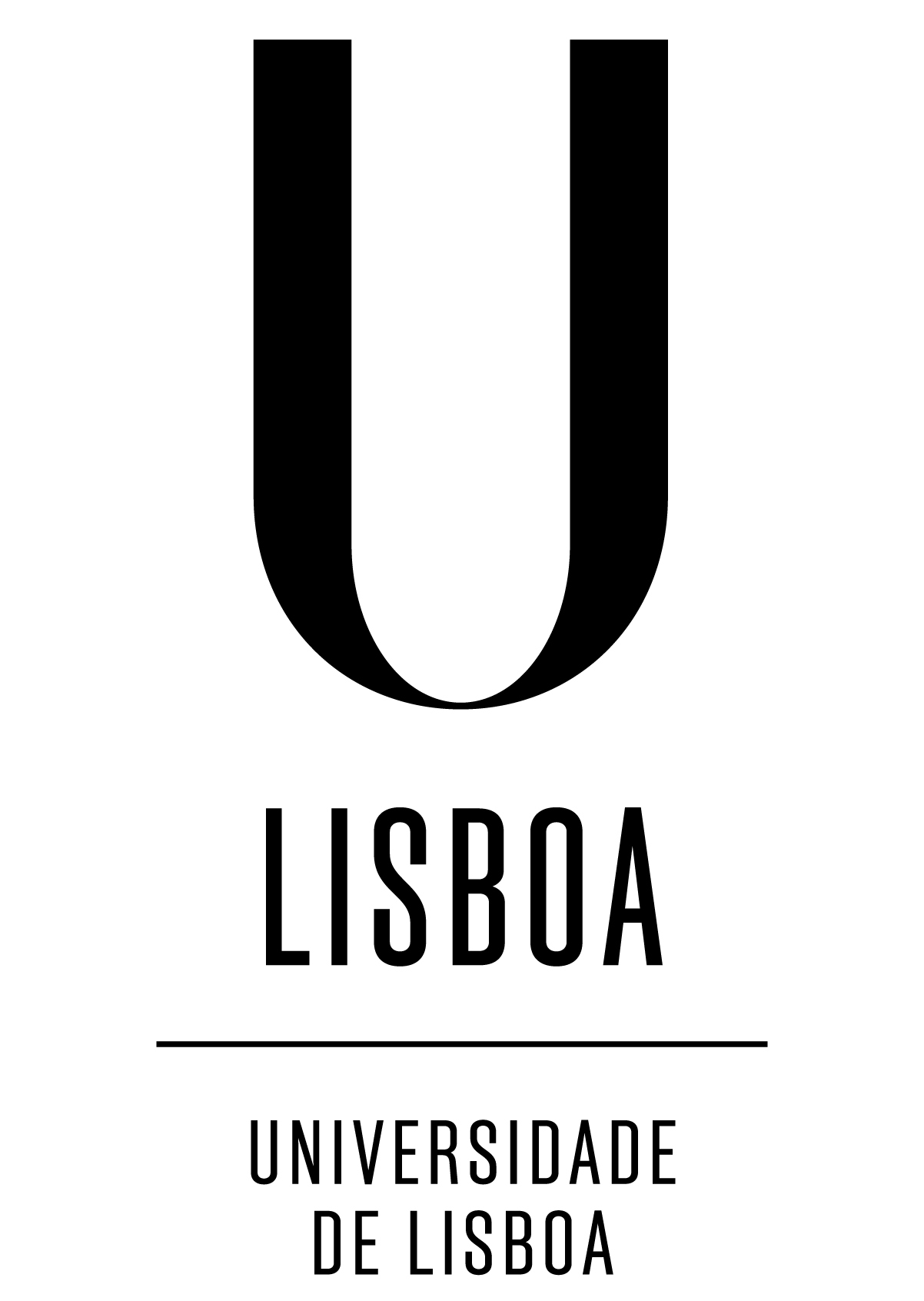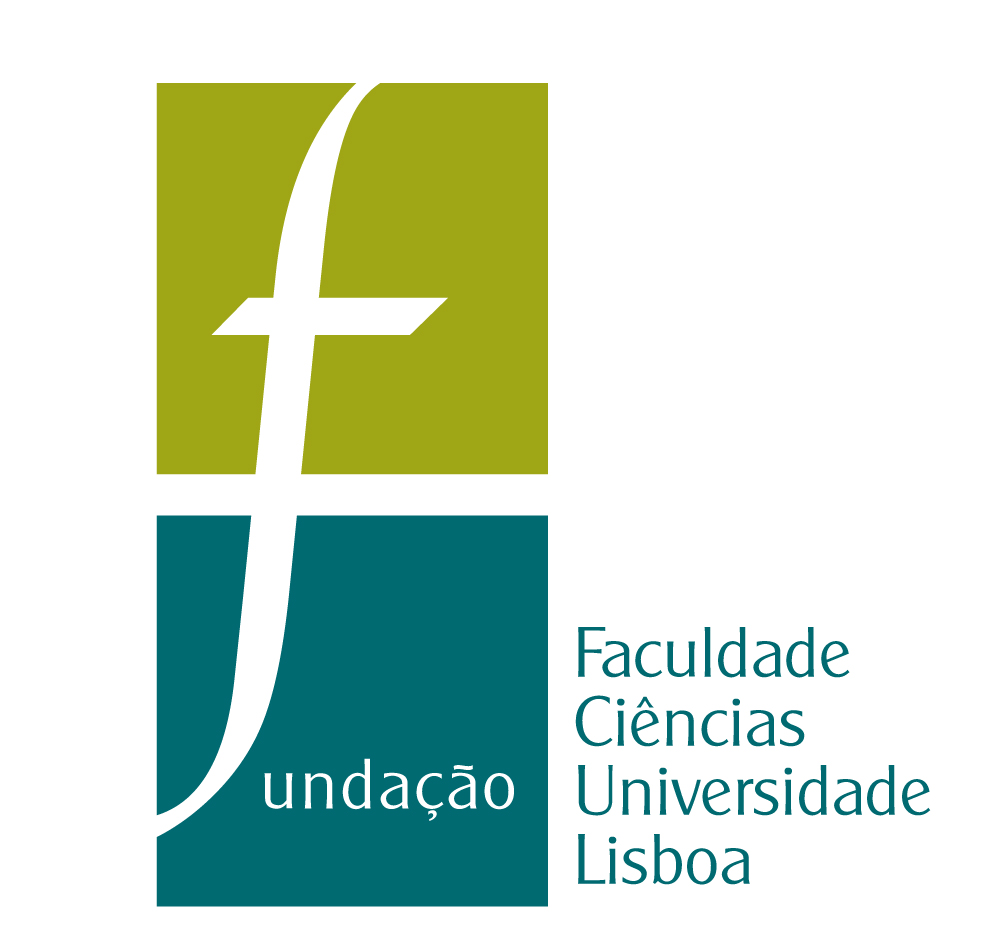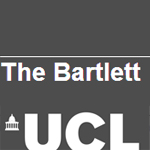Estudos Comparados de Epistemologia e Filosofia da Ciência
Comparative Studies on Epistemology and Philosophy of Science

Grupo de Investigação | Research Group:
Epistemologia e Metodologia | Epistemology and Methodology
Investigadores principais | Principal investigators:
Estado | Status:
Concluído | Concluded
Objectivos || Aims
- To question how cognitive evolution raises idiosyncratic modes of thought, categorization, logicization, communication, transmission and codification.
- To foster research on the modes of production, transmission, validation and circulation of trans-european knowledge.
- To explore the multiplicity and diversity of philosophical and scientific practices.
Enquadramento || Framework
It is taken for granted that European sciences dip their well-established roots into an endogenous ground, located in Greece. At different moments in time, these roots got longer or deeper, older or newer ramifications, mainly "oriental" ones. Actually, before Greece in time, beyond Greece in space, afar from Greece in science, we can notice some considerable hybridization (the most evident with the great discoveries) in an exchange zone yet away from great divides. In these days of transcultural flows and extreme mobility, exchange, circulation of people, objects, knowledge, technology, on multiple dimensions and directions, the distance observer/observed (in space, time, discipline) is shrinking.
Everything has virtually become present all the time in webs - even researchers work into collective networks?
The project, run under the Unity of Science research line, moving from a broad disunity of science to an enfolding plurality of sciences and philosophies, will explore past multiplicities, present diversities and will question future trajectories.
Metodologia || Methodology
Comparative philosophy has a longer and better established history than comparative epistemology. However, this project, backed up by a strong tradition of comparative studies and researches, seeks to reach beyond comparison itself. It will question the status of scientific and philosophical borders through a multi-disciplinary and trans-disciplinary approach. It will lead to the blur between territorial scientific boundaries (spatial, temporal, epistemic) what will consequentely avoid reductionist positions. This synchro-disciplinary approach is likely to show the way beyond the constraints of the comparative approach in different manners. Taking the object of research as a cluster where space, time, discipline and pertinence are here and now intertwined, will multiply points of view, instead of trimming them down. Such clusters of cross-times, cross-spaces, cross-disciplines, cross-trajectories, are certainly less stable, leading both to the "extreme different" or to the "extreme same" ? to the in-commensurability or to the invariance, but the new objects thus resulting from the research will differ from the compared ones.
At the risk of reaching the conclusion that modern science is an ethno-science, or western philosophy is an ethno-philosophy, the project will endorse the challenges of (in)commensurability, questioning and rethinking regularly unquestioned agendas.
Equipa || Team
Anand Chabukswar
Anthony Cerulli
Appasamy Murugayan
Gisele Sanglard
Jorge Croce Rivera
José Carlos Tiago de Oliveira
Kedar Shende
Kenneth Zysk
Luisa Alpalhão
Manuel Neves
Maria da Graça Campos
Pascale Haag
Pradip Baksi
Serena Bindi
Shrinivas Tilak
Unnikrishnan Payyappallimana
Parcerias || Partnerships
Actividades || Activities
- Creation of the Observatory for Indian Epistemological Systems (India, Winter 2012)
- Edition of the virtual library for the project (January 2013)
- Beta version of Paul Masson-Oursel portal (February 2013)
- Lecture: Comparative issues on science mobility management (Summer 2013)
- Chantier sur le comparatisme (CFCUL, 15/16th March 2013)
- Spring Lectures Series on Comparative Epistemology (Michel Hulin - Spring 2014)











